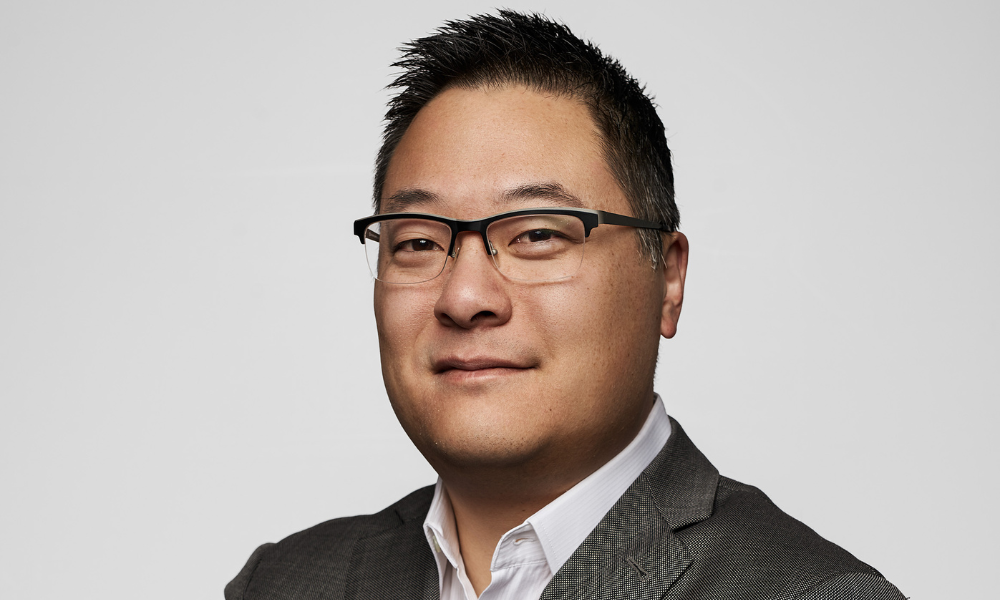Purpose Investment's innovative longevity fund helps advisors keep assets and is a great option for clients, says platform president

Some advisors are being confronted with a challenging scenario as clients retire. Firstly, those new retirees are living longer, on average, than ever before. Naturally, they want reassurances their money will last. Secondly, opting for an ultrasafe annuity offering caps returns and shifts assets off-book despite years of relationship nurturing.
Such a scenario was top of mind for the architects of the Purpose Longevity Pension Fund, the first mutual fund in the world to incorporate the concept of longevity risk pooling. Fraser Stark, President, Longevity Retirement Platform, told WP that the product combines some of the best elements of a defined benefit pension plan with the concept of income for life and the flexibility and transparency of a mutual fund.
To achieve this, investors or unit holders buy into a class of units that put them in a cohort with others within three birth-year ranges. People can recoup their unpaid capital (initial investment less the distributions they received) either at death or voluntarily, which means anyone who passes away early or chooses to redeem is effectively leaving in their returns over that period as longevity credits for those left in the cohort.
The structure allows adjustable distributions. For example, in years of negative markets, this is adjusted down but in the majority of years, it should rise. This is designed to provide more income as inflation increases the cost of living and as older retirees encounter personal health care costs.
About 365,000 people retire each year in Canada, while average life expectancy has also soared: by 2065 the UN projects it to reach 88 years in Canada. And with fewer defined pension plans now in existence, the space is ripe for innovation. Purpose believes its fund will provide advisors will an attractive option for retirees and are also in talks to provide this option to employers as well.
While a guaranteed product may offer ironclad security, Stark argues the fact the longevity fund is not guaranteed is a strength because it doesn’t trade off future increases.
He said: “As we shift into our retirement years, our appetite for risk continues to decline as the horizon that we're planning for also declined. But the idea that when we retire, we should go from taking some degree of managed and thoughtful risk to maximize returns to zero risk, like an annuity at a much lower rate, is not going to be right for many people.”
Most investors will have a mix of strategies but Stark believes that while there are a plethora of funds out there for the accumulation stage, this is not the case for the decumulation journey. He envisages advisors using the product to ensure clients are able to finance the best life possible in retirement while addressing the financial risk of outliving your money. That’s a tricky problem when no one knows whether they will live to 68 or 105.
Stark said: “Most financial advisors are not licensed to sell annuities. It's a different product, an insurance product, and they're not likely to sell it. It also means literally handing over part of their relationship to perhaps a peer at their bank or someone outside of their firm.
“They've spent much of their career building a strong relationship with this client and the assets are now coming off book, which means they have a financial disincentive from doing it. Plus, annuities in this ultra-low interest rate environment are yielding very low returns – and they're totally irrevocable in many cases. Human financial psychology means we don't like making decisions that are irrevocable.”
Other potential scenarios might be a retired client with an income-producing asset, whether it’s a business or a rental income property, that they want to exit. Or maybe that person has commuted a pension. “Investing some or all the proceeds into the longevity pension fund as a way to recreate that income is a powerful thing,” Stark added.
“Also, if you're a financial advisor and your client has their retirement savings in a balanced portfolio of financial products, in order to generate income for them to live, you're likely having to sell off assets periodically. That can lead to conversations with the client about strategy and portfolio allocation.
“The idea of a product that is designed, every month, to create income in highly predictable way, lets the advisor focus on building a relationship with their client, making important financial allocation decisions and not constantly revisiting strategy.”
The Purpose fund has two classes: everyone prior to 65 is in the accumulation class, while everyone 65 and over is in the decumulation class. While Stark stressed that the real innovation is in the latter, there is a compelling reason to invest in the years and decades before retirement because when you switch classes on your 65th birthday, there’s no taxable event as it’s the same pool of assets.



